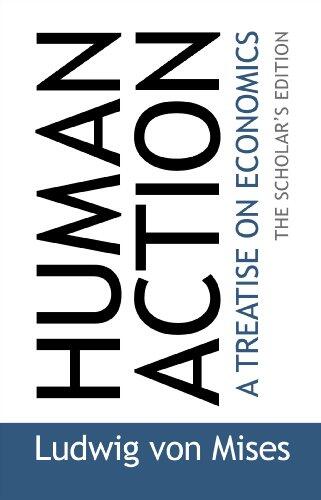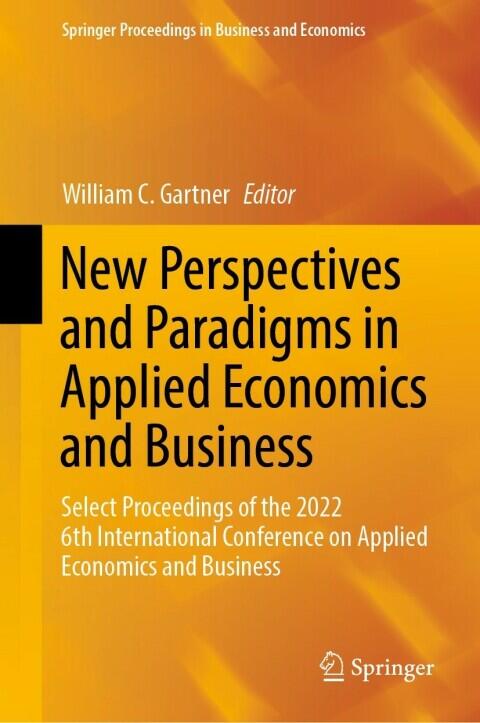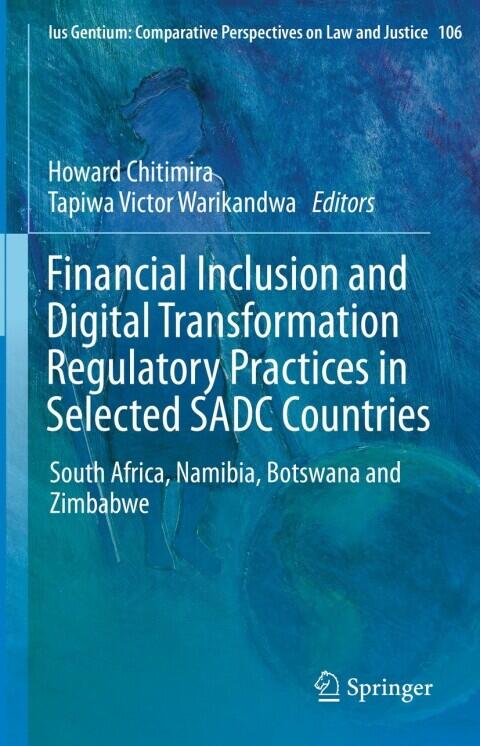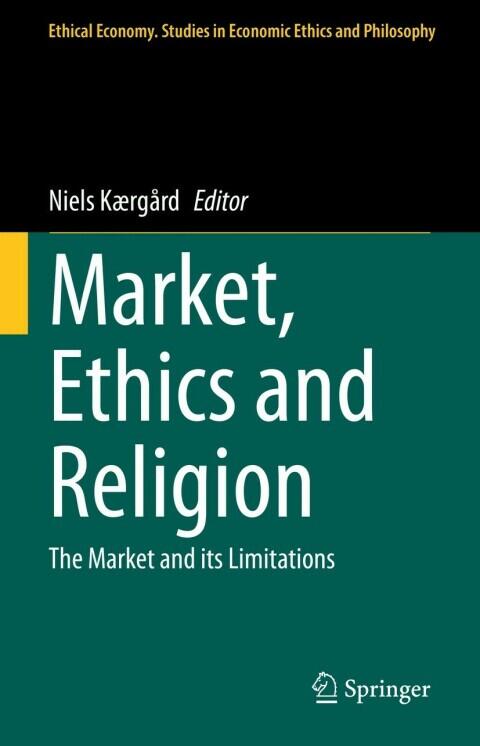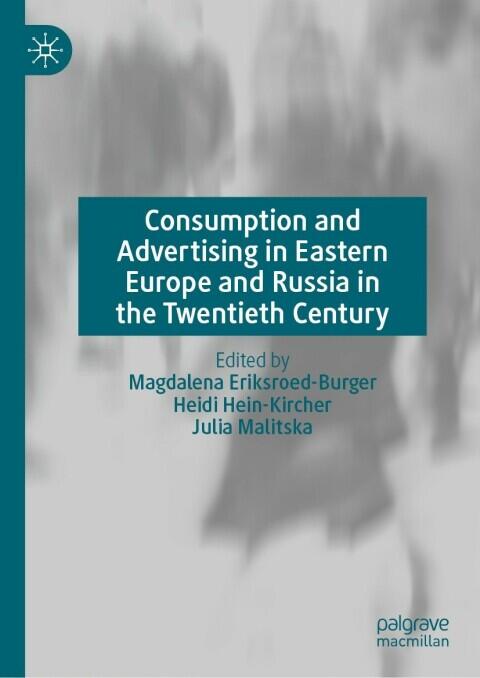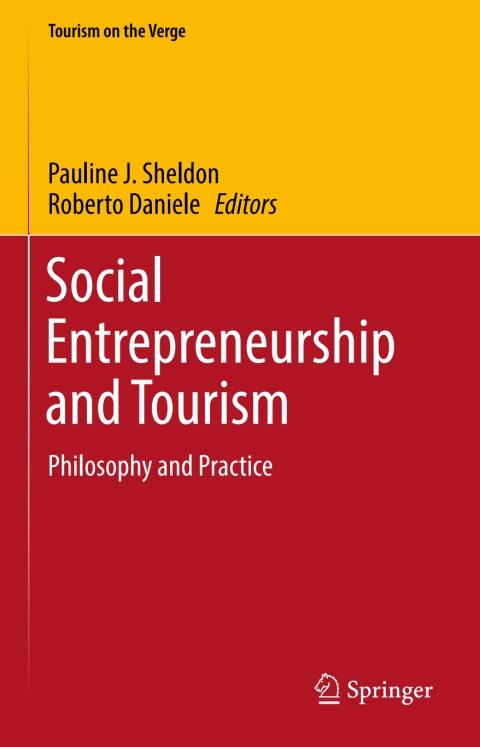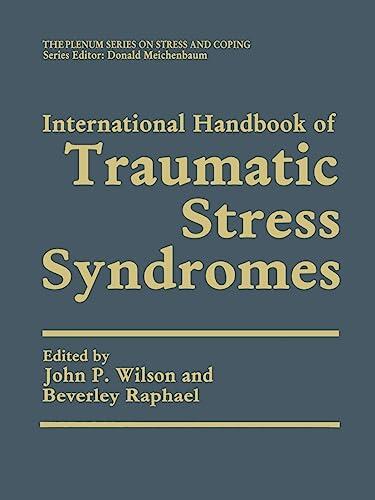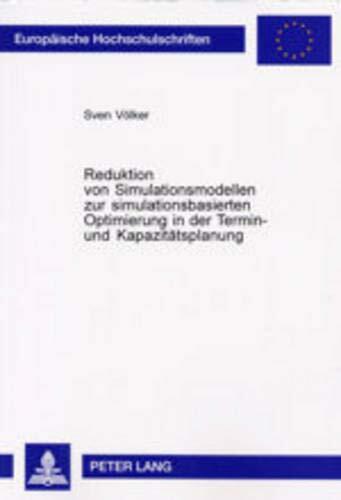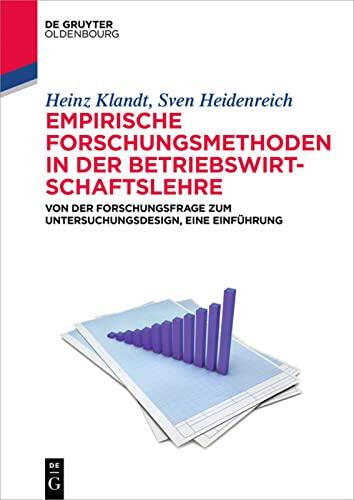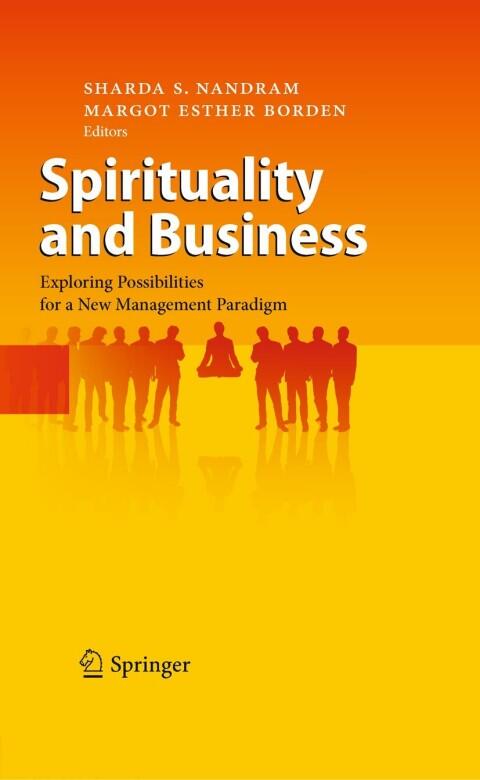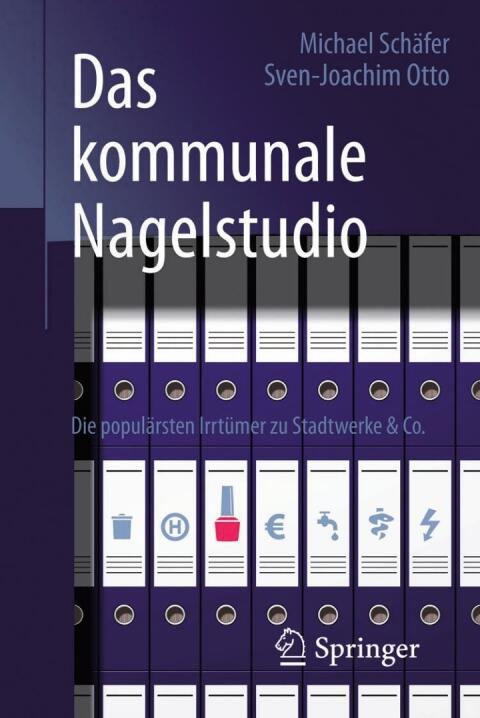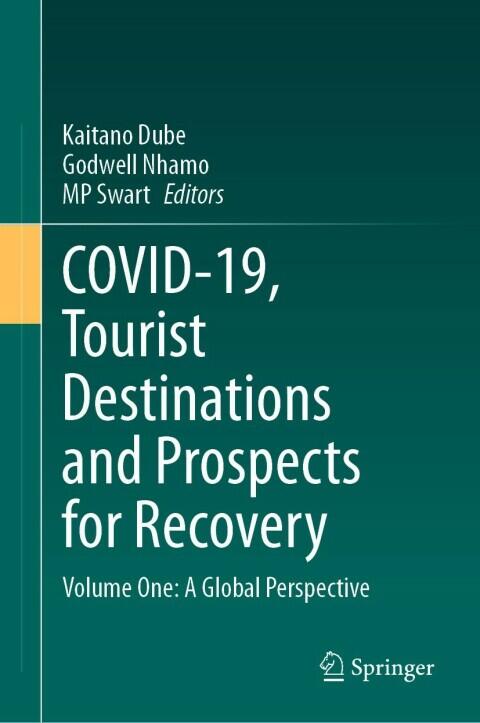
COVID-19, Tourist Destinations and Prospects for Recovery: Volume One: A Global Perspective
아직 평점이 없습니다
Business & Economics
Travel
형식
킨들
페이지
654
언어
독일어
출판됨
Jan 1, 2023
출판사
Springer
판
4
ISBN-10
3031222571
ISBN-13
9783031222573
설명
The COVID-19 pandemic reshaped the landscape of global tourism in unprecedented ways, leaving its mark on destinations across both developed and developing regions. The authors delve into the multifaceted challenges faced by the tourism industry during the crisis, exploring the economic, social, and health-related ramifications. They critically assess the varying degrees of impact the pandemic has wrought on tourist spots worldwide, shedding light on the disparities between emerging and established travel markets.
Through a comprehensive analysis, the work examines strategies that governments and businesses can implement to aid recovery. Insightful case studies illustrate how different destinations have navigated the pandemic’s challenges, providing valuable lessons for future resilience. The authors emphasize the importance of sustainable tourism practices as a pathway to revitalization, urging stakeholders to rethink traditional models in light of new realities.
The book offers empirical data and expert opinions, making it a crucial resource for policymakers, researchers, and industry professionals alike. It provides a global perspective on recovery prospects, sparking a dialogue on potential innovations and reforms essential for the evolution of tourism in a post-pandemic world.
In its exploration of what lies ahead for the tourism sector, the work ultimately serves as a beacon of hope, suggesting that, although the journey to recovery may be long and complex, there remains a viable path forward.
Through a comprehensive analysis, the work examines strategies that governments and businesses can implement to aid recovery. Insightful case studies illustrate how different destinations have navigated the pandemic’s challenges, providing valuable lessons for future resilience. The authors emphasize the importance of sustainable tourism practices as a pathway to revitalization, urging stakeholders to rethink traditional models in light of new realities.
The book offers empirical data and expert opinions, making it a crucial resource for policymakers, researchers, and industry professionals alike. It provides a global perspective on recovery prospects, sparking a dialogue on potential innovations and reforms essential for the evolution of tourism in a post-pandemic world.
In its exploration of what lies ahead for the tourism sector, the work ultimately serves as a beacon of hope, suggesting that, although the journey to recovery may be long and complex, there remains a viable path forward.

